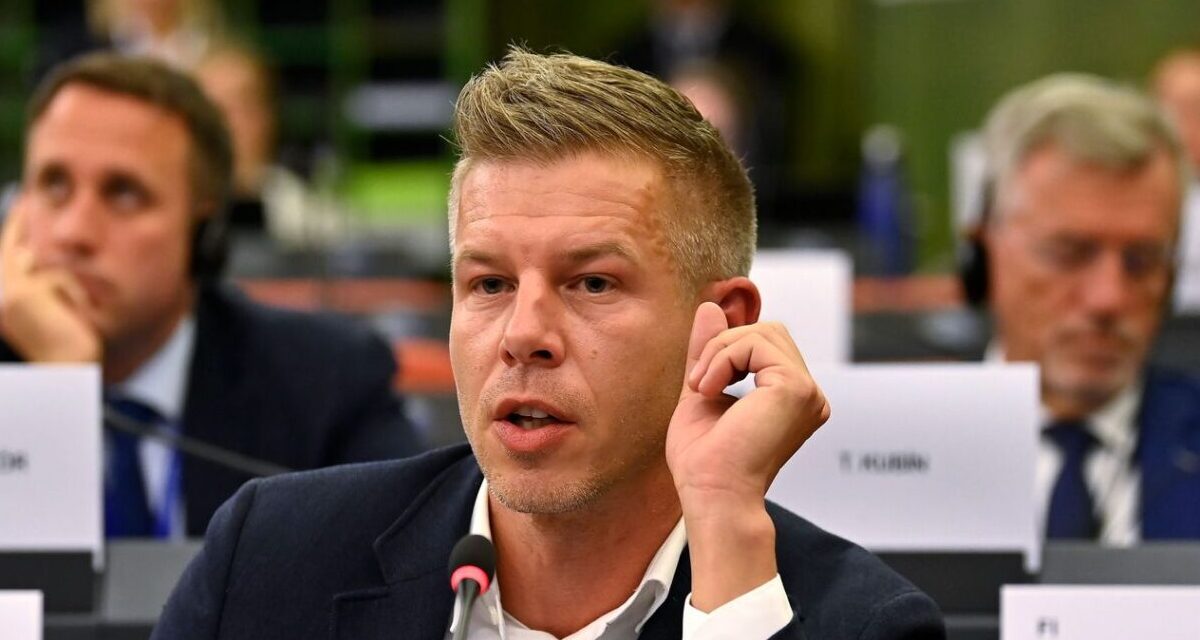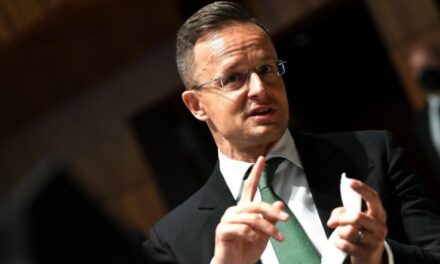The president of Tisza, who is now also a member of the European Parliament's agricultural committee, confronted the grain-growing Hungarian farmers.
This week, the European Parliament began the discussion of the Strategic Dialogue on the Future of EU Agriculture report, initiated by Ursula von der Leyen, President of the European Commission. The document, which has already been criticized by several agricultural organizations, would promote plant-based diets and, not too covertly, prepare for Ukraine's future accession by ending the previous area-based support system.
In connection with the debate, Péter Magyar also published a post, which essentially predicts the termination of the existing system of area-based subsidies. According to Magyar, "as in the entire Union, Hungary should also support more intensive, higher added value, organic agricultural production instead of the current extensive grain production (sic!").
According to the liberal politician, so-called organic farming – in Hungarian, biofarmers – should be supported instead of grain cultivation.
At the same time, he also pits the other farmers against each other in his post. Based on what he has to say, it seems to him that gardeners are worth more than arable crop growers, arable crop growers and grazing livestock breeders.
In the form of area-based subsidies, HUF 550 billion in subsidies come to our country every year. Every year, more than 160,000 farmers, the vast majority of them as family farmers, submit support applications for nearly five million hectares. Smaller farms receive increased additional support, since after the first ten hectares they get an extra HUF 32,000 per hectare, and up to 150 hectares they get an extra HUF 17,000 per hectare.
More and more young farmers benefit from the increased area-based support, in the amount of HUF 38,000 per hectare (this money is in addition to the "normal" area-based support - which is approximately HUF 90,000 per hectare). In 2023, 6,800 people, and in 2024, 7,300 submitted support applications for the increased amount of area-based support for young farmers. In addition, this support can be applied for after 300 hectares instead of the previous 80.
As for support for organic agricultural production, in 2023, 4,400 organic farmers received nearly HUF 37 billion in support, and a new application for organic farmers with increased support amounts will be published in the fall of 2024. For each hectare newly brought into organic farming, farmers will receive a subsidy of HUF 183,000 in the case of arable land, and more than twice as much, nearly HUF 440,000, in the case of more intensive field vegetable crops.
In addition, it will be possible to apply for support for new and existing organic fruit orchards (HUF 625,000/hectare for new extensive plantations, HUF 350,000/hectare for existing ones) and pastures (HUF 80,000/hectare). In 2015, the same amounts were much lower, they were half as much, for example less than HUF 100,000/hectare in the case of starting organic arable land.
The Hungarian government therefore simultaneously supports arable crop growers and organic farmers, as well as animal breeders.
By the way, the abolition of area-based subsidies is supported by Ursula von der Leyen, whose speech was recently applauded by Péter Magyar. Among the proposals developed by the expert team he invited, this is specifically mentioned in the said report.
It is particularly interesting that in the material, the termination of area-based subsidies is justified by the fact that agricultural subsidies must be prepared for the enlargement of the EU. The name of Ukraine is not mentioned in the material, but it is clear which country the advisors of the committee president were thinking of. After all, Ukraine's agricultural area is 40 million hectares, while now in the EU a total of 150 million hectares receive support.
The criticism formulated by Péter Magyar, in accordance with the proposals of the Brussels bureaucracy, is practically identical to the words of György Raskó in 2022 to the portal called Privátbankár.
The agrarian oligarch spoke about how "the Union supports extensive production through land-based subsidies". It is worth remembering that Raskó managed the privatization of the Hungarian food industry with disastrous consequences, and then he himself privatized a state economy during the Gyurcsány government. The green baron previously financed the liberal party Momentum, but he was also an adviser to Péter Márki-Zay and a member of his shadow government.
Cover image: Péter Magyar in the EP
Source: MTI/Tamás Purger













